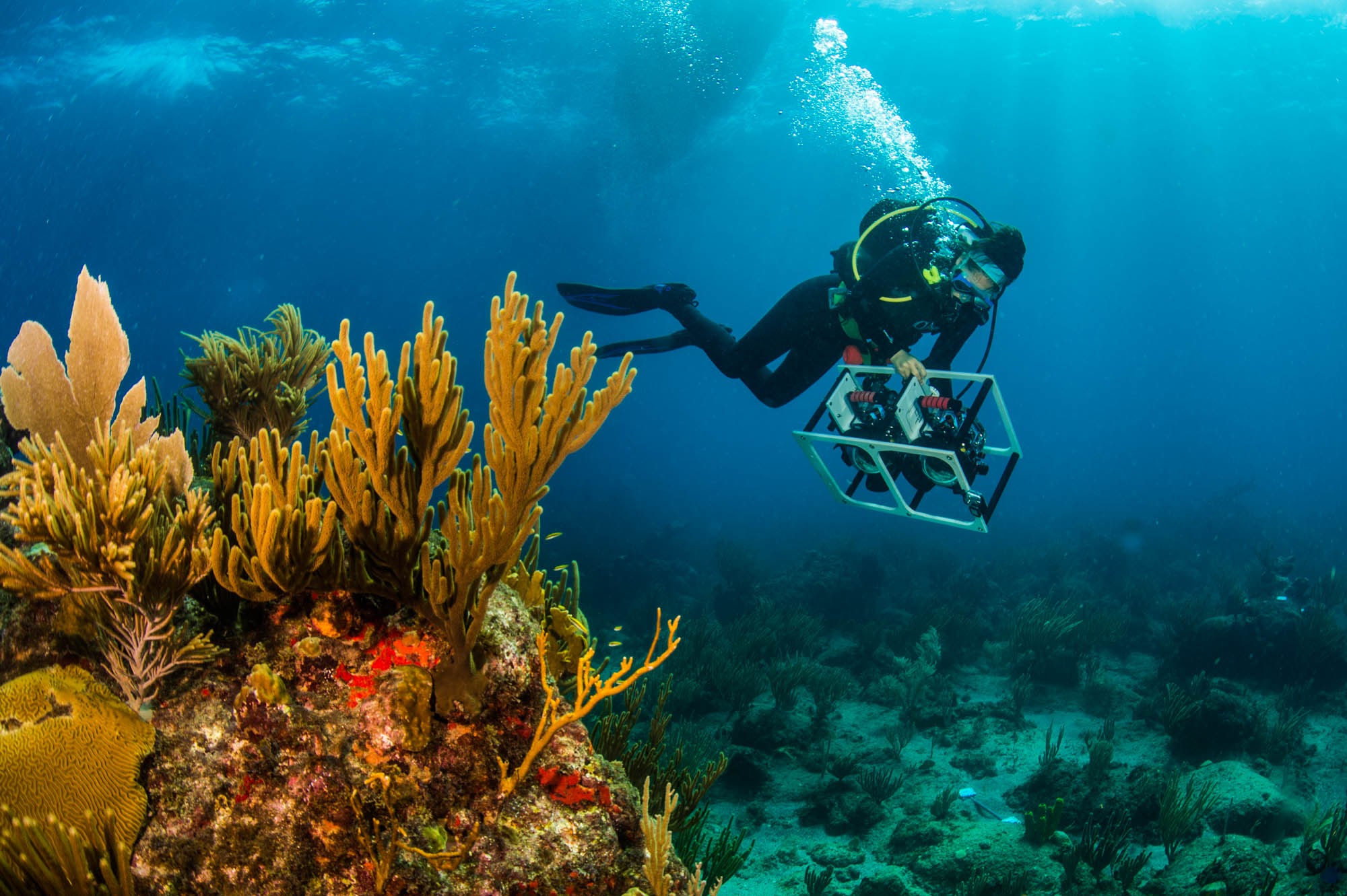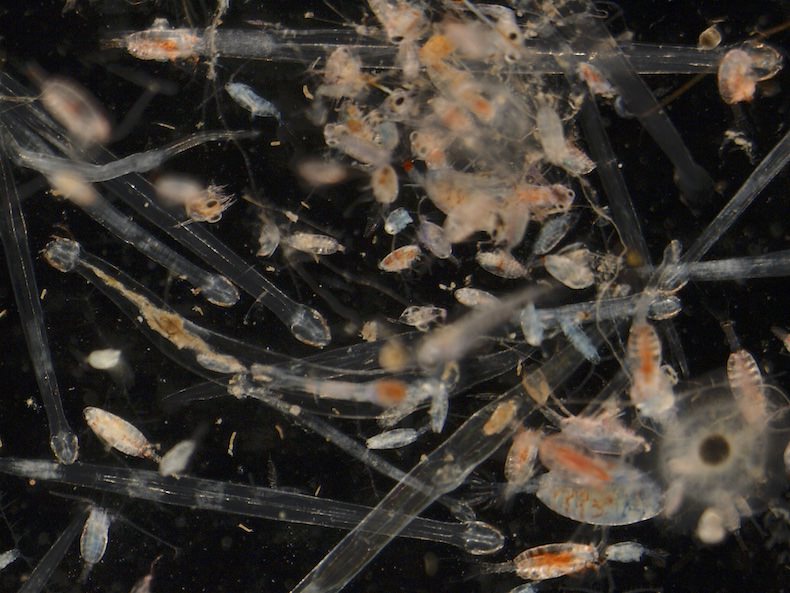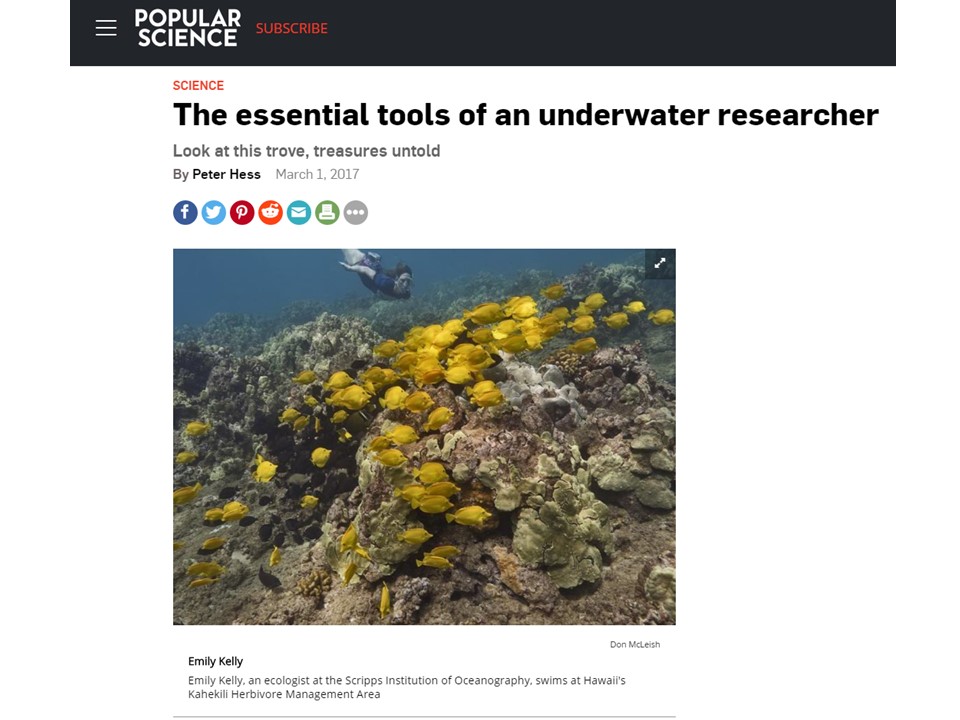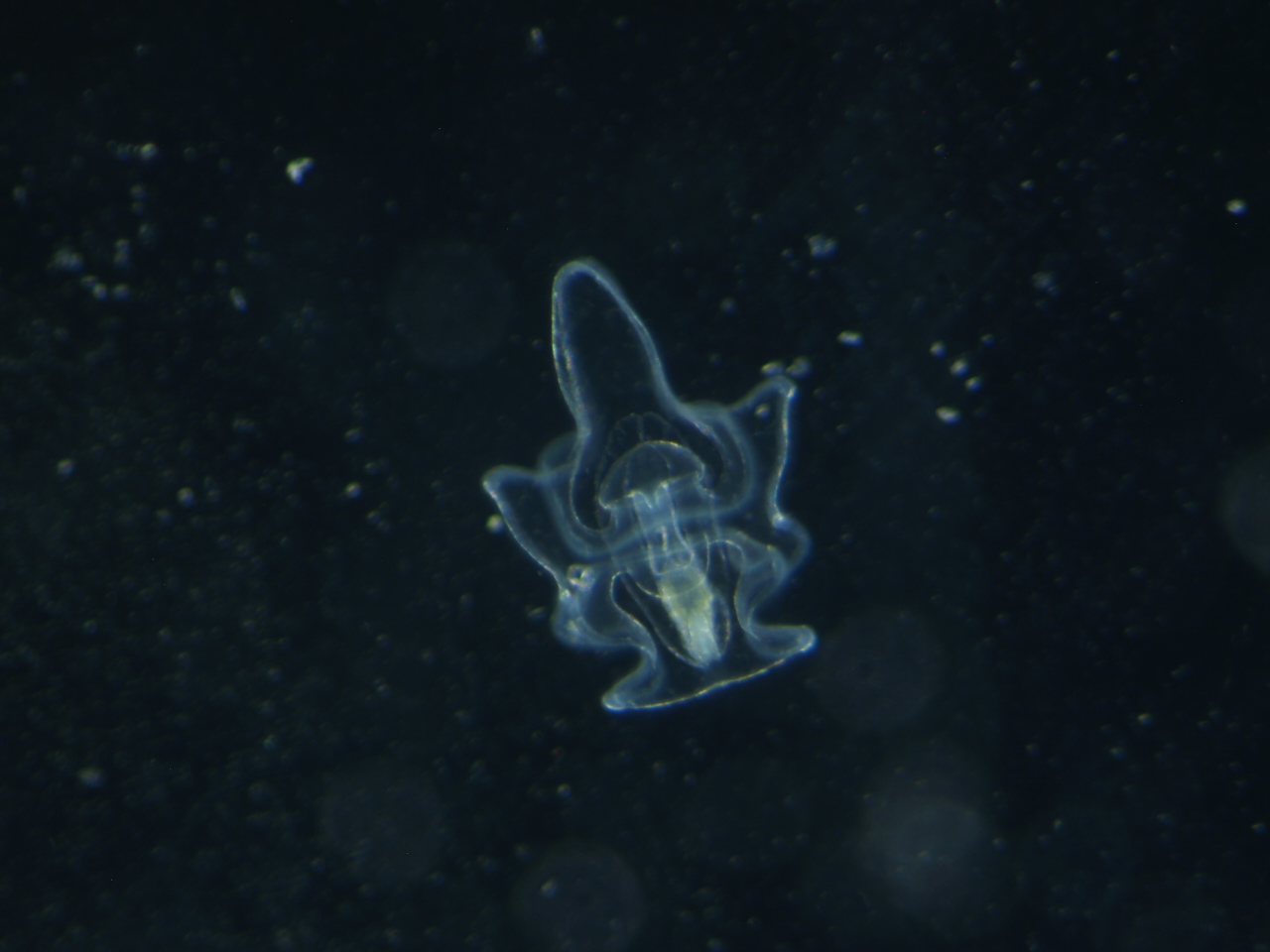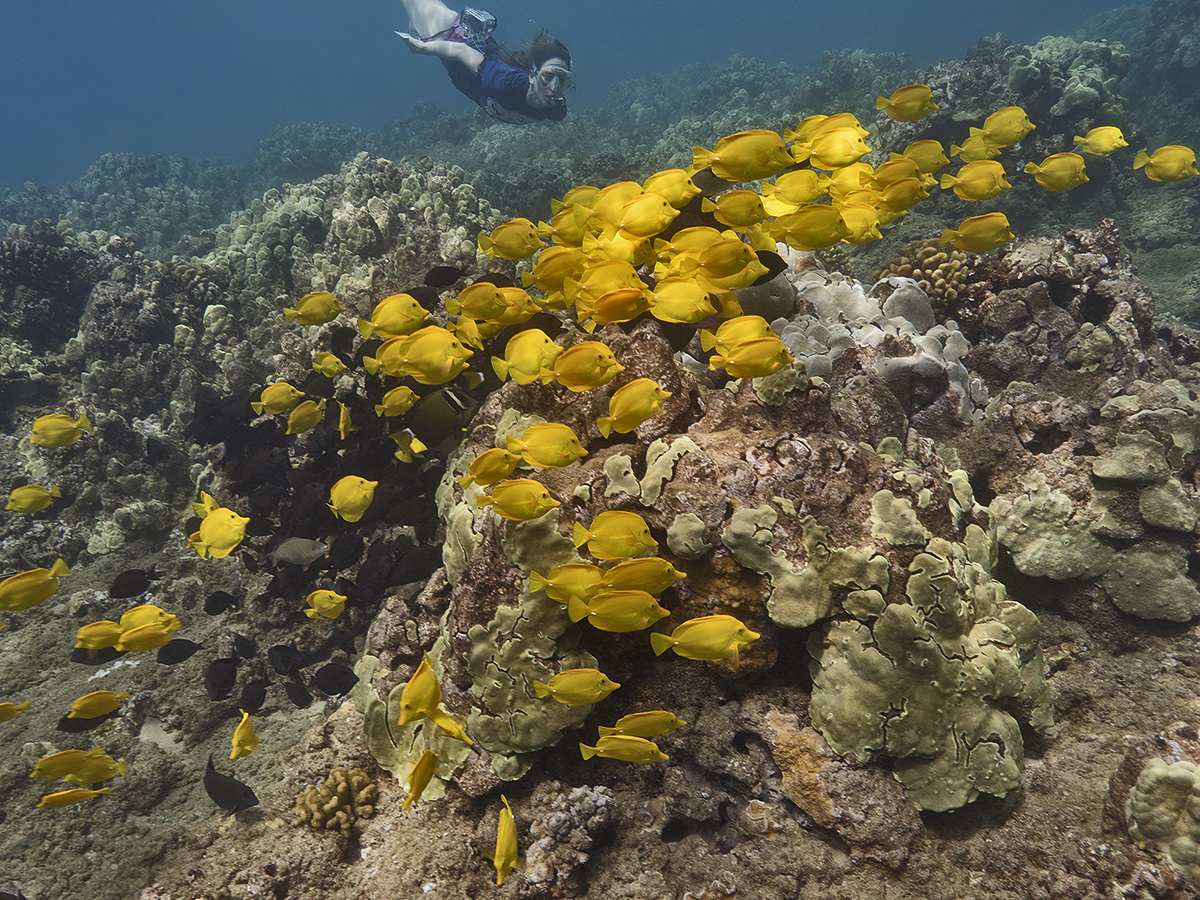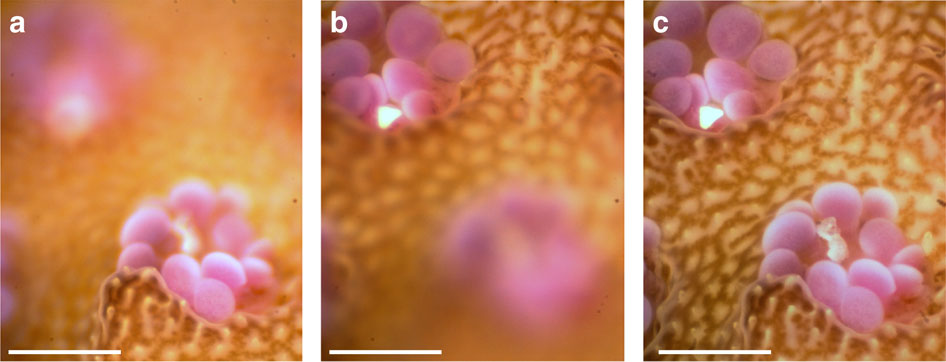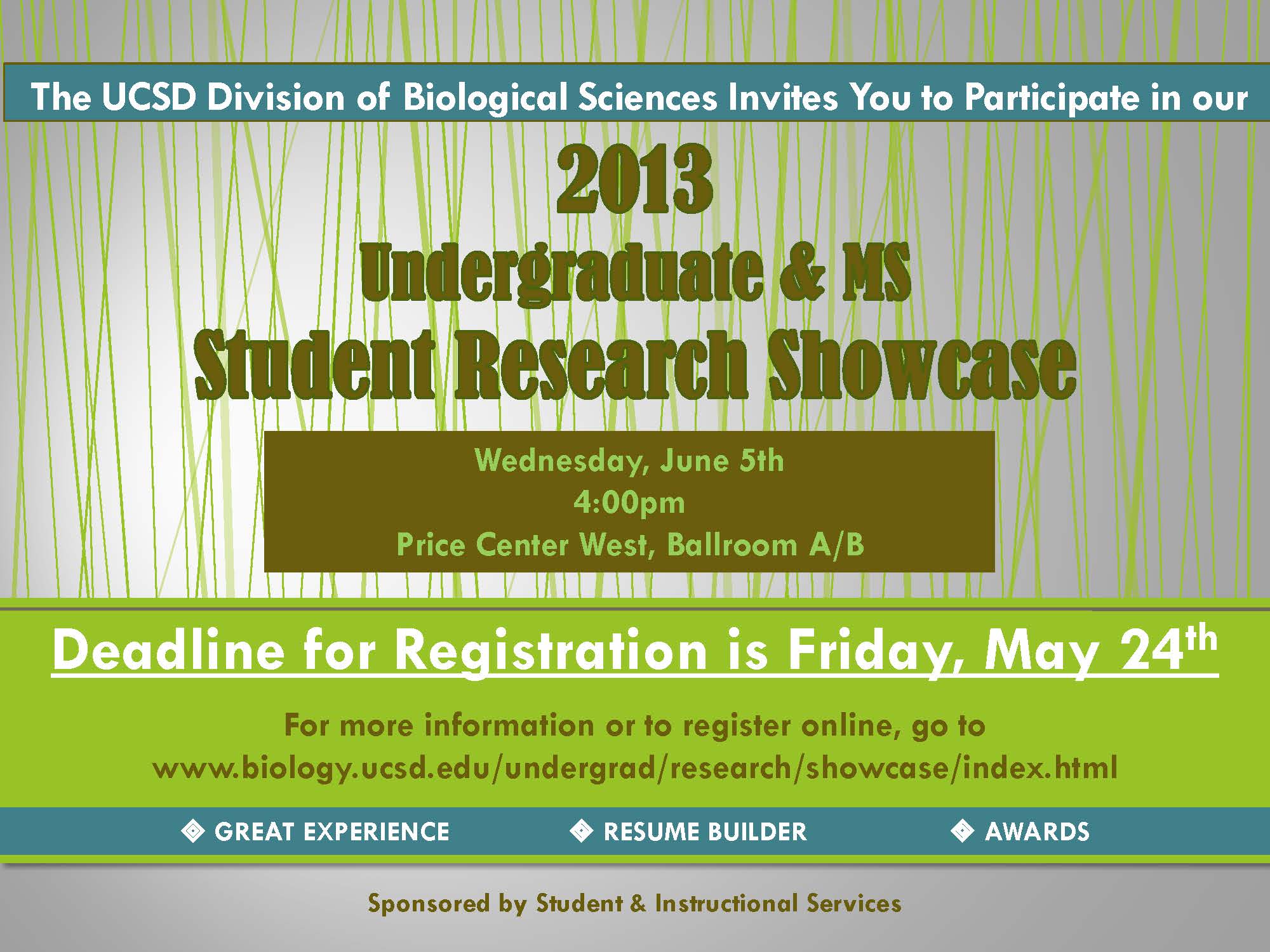A new paper published by Emily Kelly and colleagues explains how we can balance the energetic budget on Hawaiian coral reefs through herbivore management and protection. Herbivores on coral reefs play an important role in controlling algal growth, but in systems where density of herbivores is low, algae can grow at a faster rate than they are consumed, resulting in a … Read More
Curious about the “100 Island Challenge”? Check out this article to learn more!
The 100 Island Challenge is a collaborative project led by Dr. Stuart Sandin’s lab, co-led by Dr. Jen Smith, that aims to work with partners worldwide to assess reef health in a holistic way that is comparable across all sites. News Deeply recently interviewed Dr. Smith to learn more about the goals of the 100 Island Challenge in assessing reef … Read More
Smith lab & colleagues publish new paper looking at zooplankton on coral reefs
Most coral reef scientists study charismatic organisms, such as corals and fish, while very few scientists focus on plankton. Since coral reefs have an abundance of beautiful and colorful creatures, small and inconspicuous plankton may be less attractive to many coral reef scientists. Of the few existing coral reef plankton studies, most of them are either bacterioplankton or phytoplankton, which are “relatively” … Read More
What are scientists saying about the fate of the Great Barrier Reef?
This week PBS interviewed scientists, including Dr. Jennifer Smith, about the effects of climate change on the health of the Great Barrier Reef. Click here to learn more about the science behind global warming and coral bleaching and what actions you can take daily to help preserve coral reefs!
Ever wondered about the coral reef ecologist’s tools of the trade?
Popular Science recently interviewed Dr. Emily Kelly about the essential tools of an underwater researcher, including waterproof paper, coolers, and even surgical equipment. Click here to read more!
Smith lab and colleagues find that Crown of Thorns (COTS) larvae can take up organic matter derived from corals
Crown-of-Thorns Starfish Larvae can feed on Organic Matter Released from Corals Ryota Nakajima, Nobuyuki Nakatomi, Haruko Kurihara, Michael D. Fox, Jennifer E. Smith, and Ken Okaji Abstract: Previous studies have suggested that Crown-of-Thorns starfish (COTS) larvae may be able to survive in the absence of abundant phytoplankton resources suggesting that they may be able to utilize alternative food sources. Here, … Read More
Do different species of herbivorous fish have unique grazing roles on coral reefs, or are they all grazing alike?
Coral reefs are home to a large diversity of organisms. The herbivorous fishes, those fish that eat algae in competition with corals, are no exception to such diversity. But do the many species of herbivores have unique grazing roles on reefs or are all herbivorous fishes grazing alike? This was the focus of a study recently published in Oecologia … Read More
Smith lab and colleagues present an autonomous approach to measure coral reef net calcification and production rates
Assessment of net community production and calcification of a coral reef using a boundary layer approach Abstract: Coral reefs are threatened worldwide, and there is a need to develop new approaches to monitor reef health under natural conditions. Because simultaneous measurements of net community production (NCP) and net community calcification (NCC) are used as important indicators of reef health, tools are … Read More
New publication from Smith lab & colleagues: Meet the Benthic Underwater Microscope (BUM)
Underwater microscopy for in situ studies of benthic ecosystems Abstract: Microscopic-scale processes significantly influence benthic marine ecosystems such as coral reefs and kelp forests. Due to the ocean’s complex and dynamic nature, it is most informative to study these processes in the natural environment yet it is inherently difficult. Here we present a system capable of non-invasively imaging seafloor environments and organisms … Read More
2013 UCSD Student Research Showcase
Master’s students Susan Kram, Clinton Edwards, & Samantha Clements will be presenting posters11 at UCSD’s 5th annual Division of Biological Sciences’ Research Showcase 2013. The event is on June 5th from 4-7:15pm in Price Center: Ballroom A/B.



